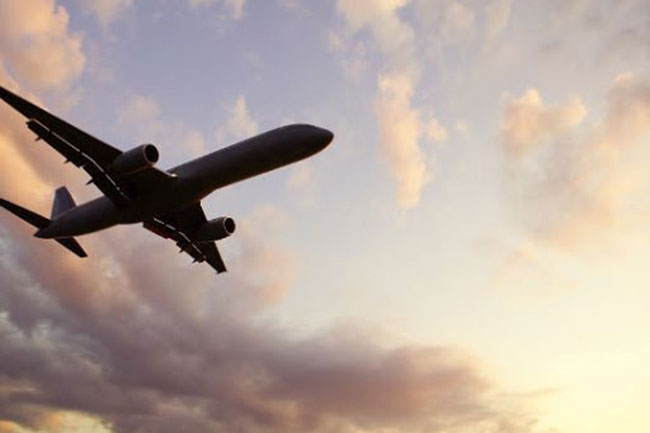

In a major change to border-control measures, Japan will from Monday allow re-entry to all returnees from six countries including Sri Lanka who were blacklisted over the spread of the highly contagious delta variant of the coronavirus.
The six countries — Afghanistan, Bangladesh, India, Maldives, Nepal and Sri Lanka — have been covered by a near-total entry ban on foreign nationals, including those who have been vaccinated and those with a valid residence status in Japan.
The entry ban was imposed earlier this year as part of Japan’s quarantine measures on all foreign nationals who spent time in the six countries within 14 days prior to their intended arrival.
The government announced Friday evening that the measure, which was introduced in June, would be lifted for the six nations.
The end of the entry ban for the six countries is part of a major revision of Japan’s quarantine policy. With the change, the government has introduced a three-day mandatory stay in government-designated facilities for travelers from more than 40 countries and regions due to the spread of the coronavirus and its variants, in particular.
Arrivals subject to the mandatory three-day measure will be required to undergo tests for COVID-19 on the third day of their stay in self-isolation after entering Japan, in addition to a test conducted on arrival.
Those who test negative will be allowed to return to their homes in Japan or to a facility of their choosing for the remainder of their 14-day quarantine period.
The measure will apply to: Afghanistan, Argentina, Bangladesh, Belgium, Bolivia, Brazil, Britain, Chile, Colombia, Costa Rica, Cuba, Denmark, Dominica, Ecuador, Georgia, Greece, India, Indonesia, Kazakhstan, Kyrgyzstan, Libya, Malaysia, the Maldives, Mozambique, Myanmar, Nepal, Pakistan, Paraguay, Peru, the Philippines, Portugal, Russia (but only arrivals from Khabarovsk and Moscow), Seychelles, South Africa, Spain, Sri Lanka, Suriname, Tanzania, Trinidad and Tobago, Turkey, U.A.E., Uruguay, Uzbekistan, Venezuela and Zambia.
Travelers coming from other countries and regions are still required to self-isolate after entering Japan.
Under the revised policy, the government has reassessed travel risks based on factors such as the number of infections in each of the listed countries or regions, the risk of the spread of variants and the countries’ respective COVID-19 vaccine rollouts.
Six women have already received services from the newly established sperm bankMore than 50 men…
The Sri Lanka Tourism Development Authority (SLTDA) has reported that a total of 229,298 tourists…
The Colombo High Court has sentenced former Chief Minister of the North Central Province S.M.…
Shammi Silva, who was recently re-elected uncontested as the Chairman of Sri Lanka Cricket (SLC)…
The Department of Motor Traffic (DMT) has made it mandatory to provide the Taxpayer Identification…
The Inland Revenue Department has announced that individuals earning less than Rs. 1.8 million annually…